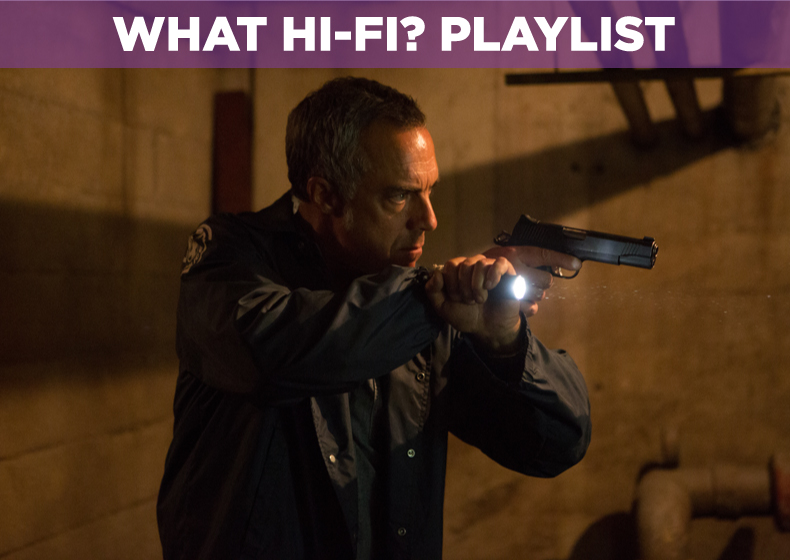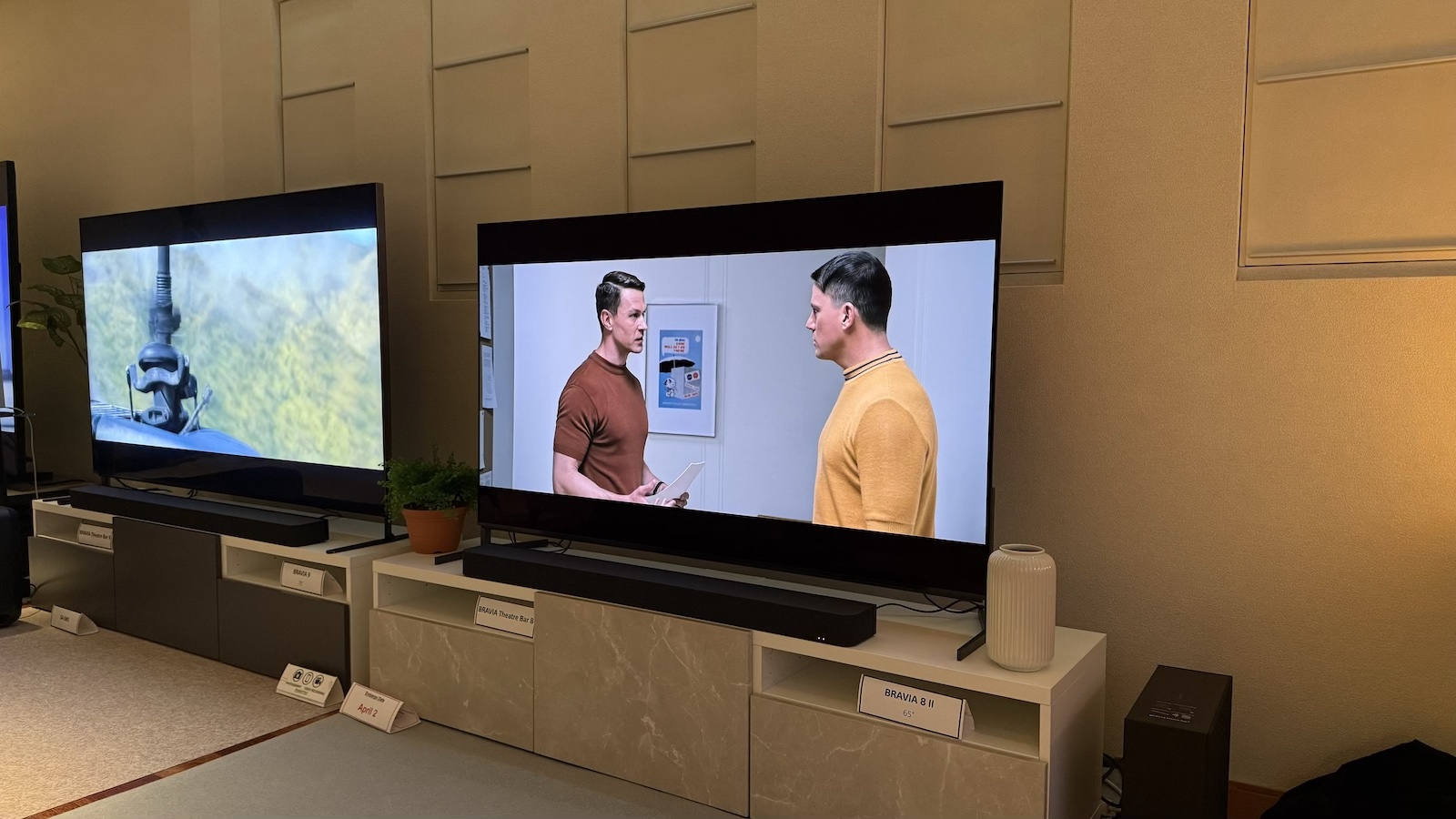Bosch - TV series review
Bish. Bash. Bosch. We've sat down in front of the first four episodes of Amazon's latest original series and, by the looks of it, Amazon is onto a winner…

The first thing we suspect viewers will spot about Bosch is how dark it looks. The show introduces its lead character at night, tailing a possible serial killer through the streets of Los Angeles and - like its main character, LAPD Detective Hieronymus 'Harry' Bosch - this is a show that's as comfortable walking in the shadows as it is the light.
Amazon's latest original series (if you can call an adaptation of a book series original) features the terrifically-named Titus Welliver as the even better-named Hieronymus 'Harry' Bosch; a detective who, as one character puts it, is a 'man on a mission' and that's a summation we won't disagree with.
The series is available from today [Friday 13th February] and we've seen the first four episodes. Suffice to say we were left wanting more.
As mentioned, the show opens with Bosch tailing a possible serial killer and the events from that night spill over to a day in court two years later where Bosch has to answer for a wrongful murder charge. It's not the only problem he has to face as when the remains of a 13-year-old boy are discovered in the hills he's tasked with finding the killer.
The storyline is your standard pulp detective stuff, lassoing in Bosch’s personal relationships (he works too much), police politics and ethics, a serial killer (Jason Gedrick with an appropriately creepy performance) with Bosch planted firmly in the centre.
We’ve noticed that recent TV shows stumble out the gate before finding their voice and what gets Bosch over that hurdle is the confidence it exudes. Bosch feels like a TV show that knows what it's doing, what story it wants to tell and how it wants to tell it, and that's down to the writing, Michael Connelly's books (he also executive produces the show) and the direction of the episodes.
Bosch isn't a ‘solve one crime per episode’ type of show, mixing the long form traits of television with the production values of film; it's one long narrative following two cases that may or not be linked. If it's trying to ape HBO’s style then it's doing a very commendable job.
Get the What Hi-Fi? Newsletter
The latest hi-fi, home cinema and tech news, reviews, buying advice and deals, direct to your inbox.
Several characters flit in and out of Bosch's life in the chunk of episodes we saw, and as the show progresses it offers a few more insights into them, gradually filling them out. Bosch is the rigid, stiff, unyielding type of character that doesn't like to lose, making every case personal ("that's how I work").
He has great support with Lance Reddick appearing as Deputy Police chief Irvin Irving (intimidating), Jamie Hector as Bosch's partner Jerry Edgar (affable), Amy Aquino as Lt. Grace Billets (dependable) and Annie Wersching as rookie police officer Julia Brasher (impatient) along with several others.
They all fit into the fabric of the show but not every character is a winner; stereotypes abound with a persistent reporter who follows Bosch around exhibiting little in the way of a moral compass and then there’s your hard-line Captain Pounds who engages Bosch in verbal jousts which centre around his dislike of him. It's a reminder every now and then that it isn't totally free of cop drama clichés.
Visually, Bosch is a step from other TV shows. The night scenes offer a Los Angeles illuminated by street lights and high-rise buildings, giving the show a look that's reminiscent of Michael Mann's recent digital work (but much, much slicker). Credit is also due for the opening credits, an imaginative kaleidoscope of arresting images played to a jazzy score that sets the mood. It's a terrific looking show.
We're hoping that Bosch goes from strength to strength. It’s well made and Welliver centres it with a commanding performance. After the award-winning hit of Transparent and the success of Mozart in the Jungle, we reckon that from what we've seen there's every chance Bosch could reach those heights.
Kob began his career at What Hi-Fi?, starting in the dusty stockroom before rising up the ranks to join the editorial and production team as the Buyer’s Guide editor. Experienced in both magazine and online publishing, he now runs the TV & audio section at Trusted Reviews where he keeps a beady eye on all the latest comings and goings in the hi-fi and home cinema market.
